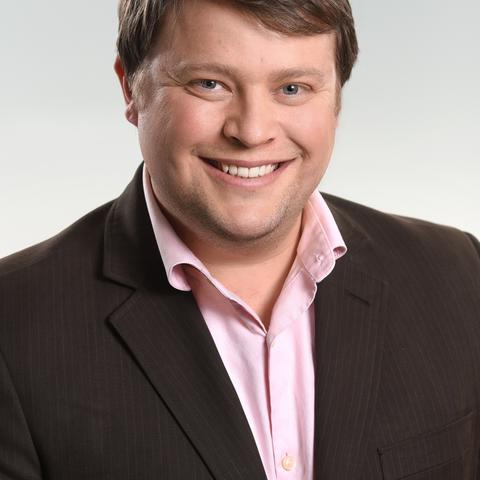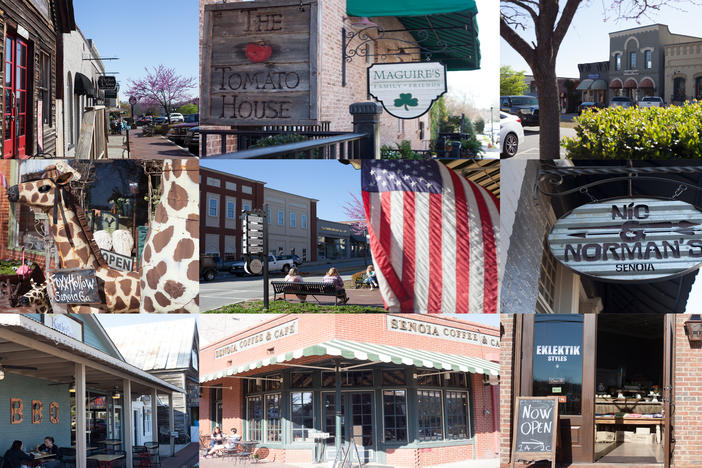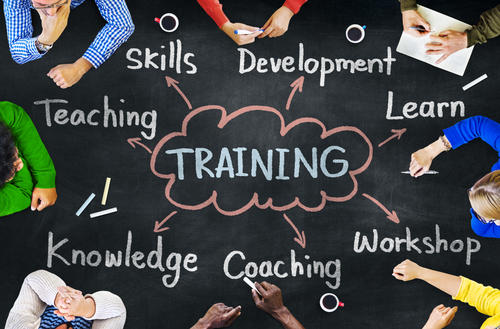
Section Branding
Header Content
At The Workforce Division 'We Are Ready To Invest In You'
Primary Content

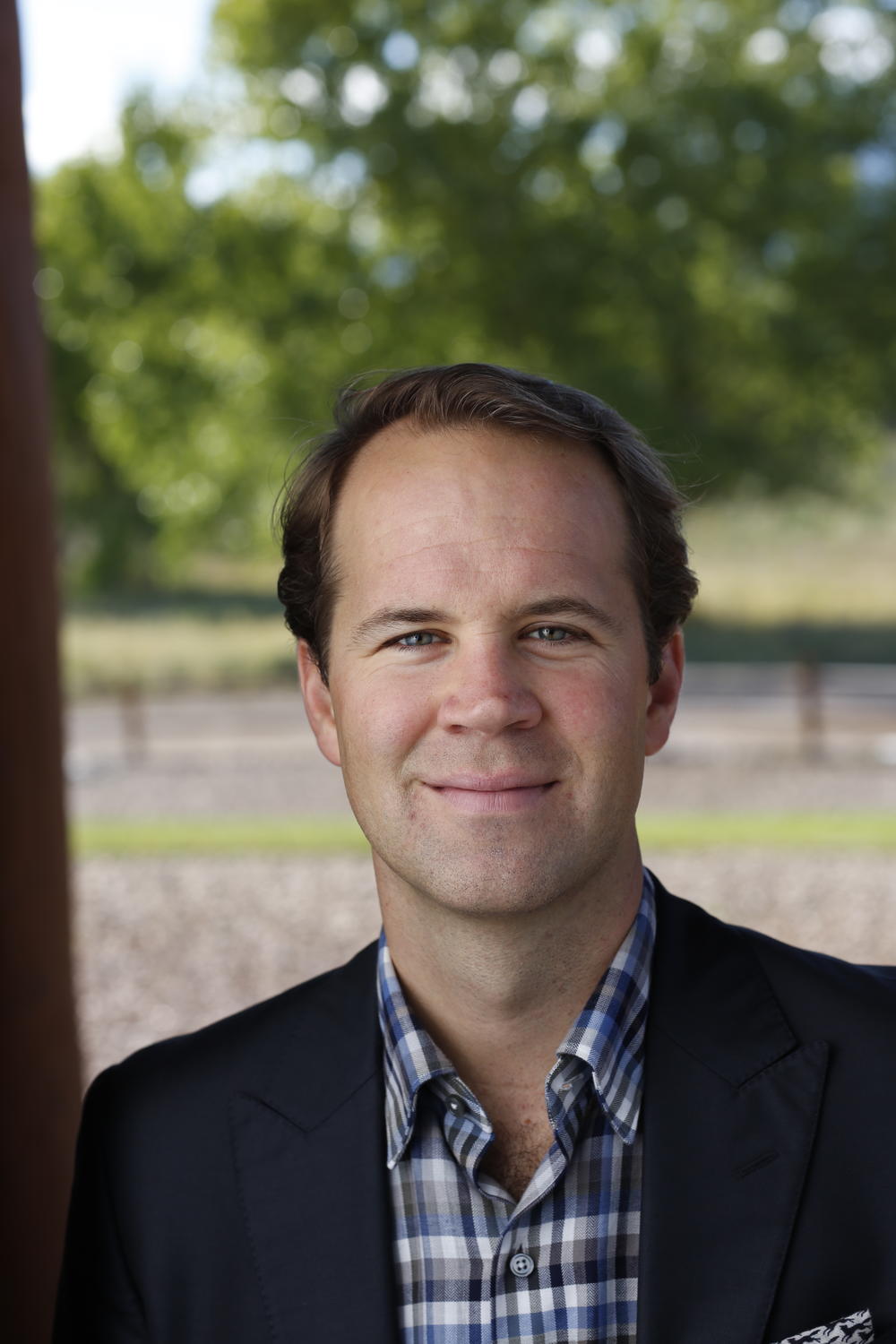
Ben Hames has been leading the charge as the deputy commissioner of the Workforce Division for almost four years now. Hames, who was a speechwriter for former Governor Sonny Purdue, has helped lead what CNBC says is the third best workforce in the nation.
I sat down with Hames and asked about his thoughts on workforce development, what he wishes every Georgian knew about what the workforce division can do for them, as well as what advice he would give to those who are unemployed or under-employed in Georgia.
Before we get the full Q&A, I have a very short audio clip of Hames that I think best encapsulates what the workforce division is, why every Georgian should know about it, and why it’s a powerful force for good in the state.
To play the media you will need to either update your browser to a recent version or update your Flash plugin.
What is the Workforce Division and why should Georgians know about it?
Here at the Workforce Division, we train Georgians for in-demand jobs. So if you’re an unemployed or under-employed Georgian or a youth with barriers to employment—think about a young person who’s a grade-level behind, that’s someone who we could serve.
If you’re in that population we are ready to invest in you. The way we do that is we sit down with folks and we come up with a plan. We determine what their assets are, what their experience and background is, and what their network is, or lack thereof, and then we get them into a position where they’re work-ready. A lot of times that involves training and we partner very closely with the Technical College system of Georgia (TCSG) and send folks there to be prepared for those in-demand jobs in-waiting around the state.
As of last count we had 202,000 unfilled positions in our labor market information, so there’s a lot of opportunity out there and so we’re trying to find Georgians and make a strategic investment in them and unlock their gifts, talents, and skills and help them step up and take those positions.
Where are the open positions in Georgia right now?
They’re literally across the whole state. It is the case that we’ve seen the most growth in metro Atlanta and the greater Savannah area. The area just north of Atlanta has also been a pocket of strength. We have very low unemployment in south central Georgia. When you’re talking about 202,000 unfilled positions you really are seeing diverse opportunities across much of the state.
The U.S. Department of Labor put out information earlier this year relating to the job numbers for 387 metropolitan statistical areas across the country. The Atlanta-Sandy Springs-Roswell area was actually No. 3 of 387 in terms of job growth with some 80,000 new jobs over the previous year.
It’s fairly predictable what’s happened in Georgia as we’ve seen the trends of urbanization across the globe. Our strongest job growth has been in metro-Atlanta, which is and probably will long be our economic engine, but then you also see that going down to the Port of Savannah, which is the fastest growing port in the country—now the fourth largest—so you’re seeing some real strength outside of Atlanta as well.

What advice would you give someone who is unemployed and has begun to shift away from searching for work and is in danger of leaving the workforce all together?
The tens of thousands of people that lack marketable skills concern me. If you dig down a little deeper I’m especially concerned about the folks that have been out of the workforce a long time (the long-term unemployed). The folks whose network and work experience has deteriorated or evaporated to where if they were to sit down and craft an updated resume they wouldn’t have any pervious work experience and that would be really hard to explain when they’re sitting before an employer.
I worry about those folks, and I think what we offer is the solution. Everybody needs an entry point. How do I get back into the conversation? How do I explain the fact that I haven’t been doing anything for the last several years? You need that new entry point, or that rung on the ladder, and I think we provide that.
If you can plug into the workforce system you can find a great training program and then you come out and you have a hard skill. You have something to talk about and something to offer that has value. If it isn’t of value, if it isn’t marketable, we aren’t going to make that investment. We’re not going to train you for the job you lost or for your daddy’s job. We’re only going to train you for those in-demand positions.
So again, once you plug in with us and allow our workforce system to make an investment in you, you’re going to be well positioned to step back into the workforce. I think that really addresses that population that concerns so many of us; all those folks that lack marketable skills and in many cases have been out of the workforce for a very long time.
How do we have the tough conversation about jobs people may have had or thought they would have that are no longer an option?
I’ve been in workforce development dedicated solely to this work for almost four years, so I still try to rely on the wise voices of folks who’ve been around for decades. One of the things I’ve heard repeatedly is about this challenge of people who come in and want to be trained for the job their supervisor has or the job they’ve always envisioned they would do.
They’re not focused on workforce trends and those kinds of things, and they’re not necessarily thinking about what’s in demand. That’s not even in their lexicon. They’re just thinking about the jobs they’ve been exposed to. In many cases they don’t realize that not only has their position gone away but the supervisor’s position has gone away or will go away in the near future.
The best way to turn on that conversation is to come at it from a totally different angle and say, “Here’s what we do.” We’re trying to meet employer needs and fill those unfilled positions across the state. By doing that we’re going to serve you in the most strategic and effective way. We could please some folks by just answering yes in a quicker fashion to whatever they were asking for, but really it makes a lot more sense for all parties involved if we prepare you for something that’s actually out there.
And I think that’s something that’s generally appreciated, but it does come back to an understanding that we have in the workforce development community that in many instances folks will come in looking for something that doesn’t make sense for them, and I think there’s a re-education process that’s fairly simple. What we’re about here is preparing folks for in-demand jobs, and we think generally that’s what most folks will be interested in once we go through that process with them.

What would you say the Workforce Division does best, and what can it improve?
What we do best is educate and train people for the in-demand jobs-in-waiting. We’re in touch with the employer community and we understand what’s going on out there on the ground, and we know what we need to do to get someone ready to step up and take those positions.
What we have to do better is find more of those folks to train. We sometimes talk about our efforts at in workforce development as being the best-kept secret. There are too many folks out there that could utilize our services and need the investment we can make in them that don’t know about us and they don’t know or understand what we do, and they don’t know where to find us.
What we want folks to do is to find the map and find the local One Stop shop and go there. That’s a place where you’re going to be given a menu of services. Someone is going to sit down with you, understand who you are, what you bring to the table, what you need, what your interests are, what your abilities are, and from that assessment they’ll help build a plan to help you get on your feet and get a job.
What do you wish every Georgian knew about the Workforce Division?
We really want to be known as a powerful resource that can invest in Georgians to help them unlock their talents, gifts, and skills. What we do here at Workforce is we make a strategic, time-limited investment in you to unlock your potential. I’ve always been passionate about this work and it’s what makes sense to me. I think this is the strongest design for a social program. We know that unlocking your potential has incredible impacts on communities and families beyond those we immediately serve.
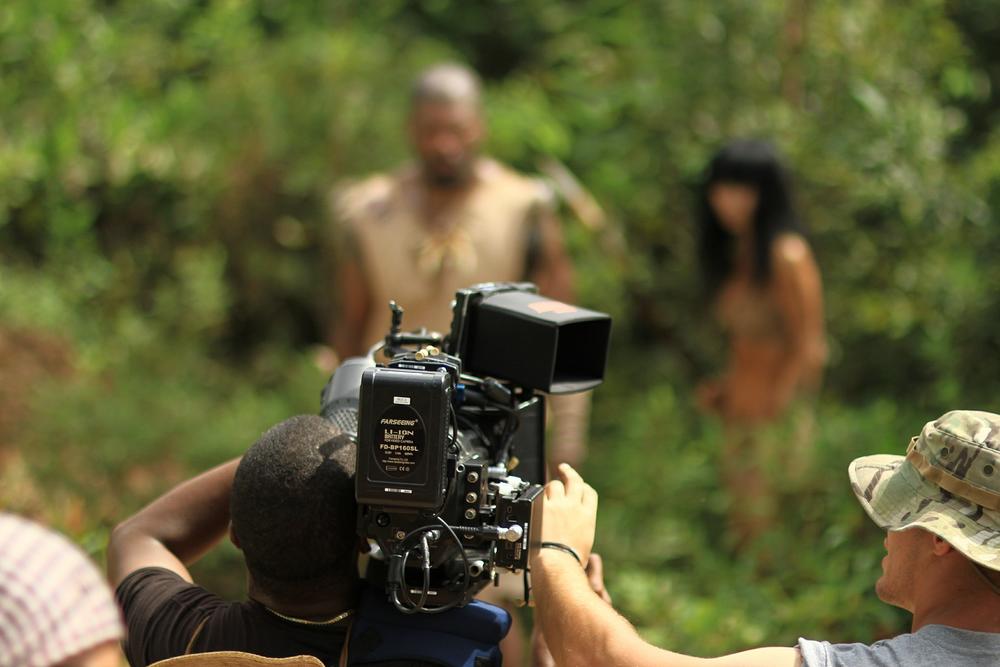
How much as workforce development in Georgia changed from when you began working in the field four years ago?
Everybody in every line of work, whether you’re a sports star, a bureaucrat, or anybody at one of these corporations that’s located in the streets around us, you are measured on certain things. Sometimes they make sense, sometimes they don’t. Sometimes you’re measured on things you really can’t claim responsibility for whether it’s good or bad. Our dashboard is a great one. What we’re measured by is simple. Do the folks that we touch get a job, do they keep a job, and what kind of money do they make in the six months after they’ve exited their time us?
These are common sense metrics that are the kinds of things that if you sat down with 10 thoughtful business leaders and asked them what we should be focused on, this is what they’d come up with. So as you look at those key workforce metrics like are we helping get people credentials and then beyond that, are we helping them get jobs and are they keeping those jobs and are they making strong wages… we have significant, steady improvement on all of those metrics.
So in that sense, we’re really happy with what the team has been able to accomplish. We’ve benefitted in one sense in that this economy has gotten better, but that also means many of the folks that had the most marketable skills or had the better background and work experience or, frankly, were more likely to be hired for any number of reasons, well those folks already have a job, so now we’re dealing with the population that needs more help, and yet the numbers are still improving. At this time we’re working with many people who are the long-term unemployed and the folks that have significant barriers to employment and we’re still getting even better results, and that’s exciting.
In terms of focus I think there’s one thing has stood out as far as what’s changed. We’re now focused on a second customer. We now utilize a dual-customer model. Not only do we have that first customer, the average unemployed or under employed Georgian who is going to be served by our system, but we have that second customer, which is the employer. That’s something that’s been a culture change that I think had helped drive those improving numbers even in light of some of those challenges I just outlined.
Secondary Content
Bottom Content


